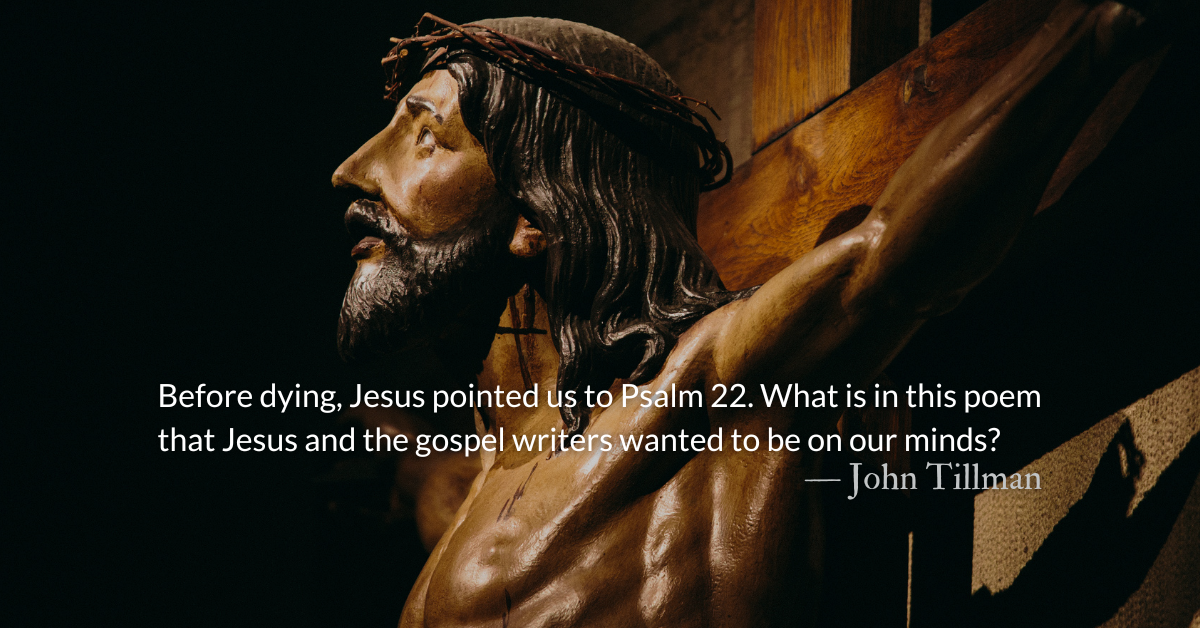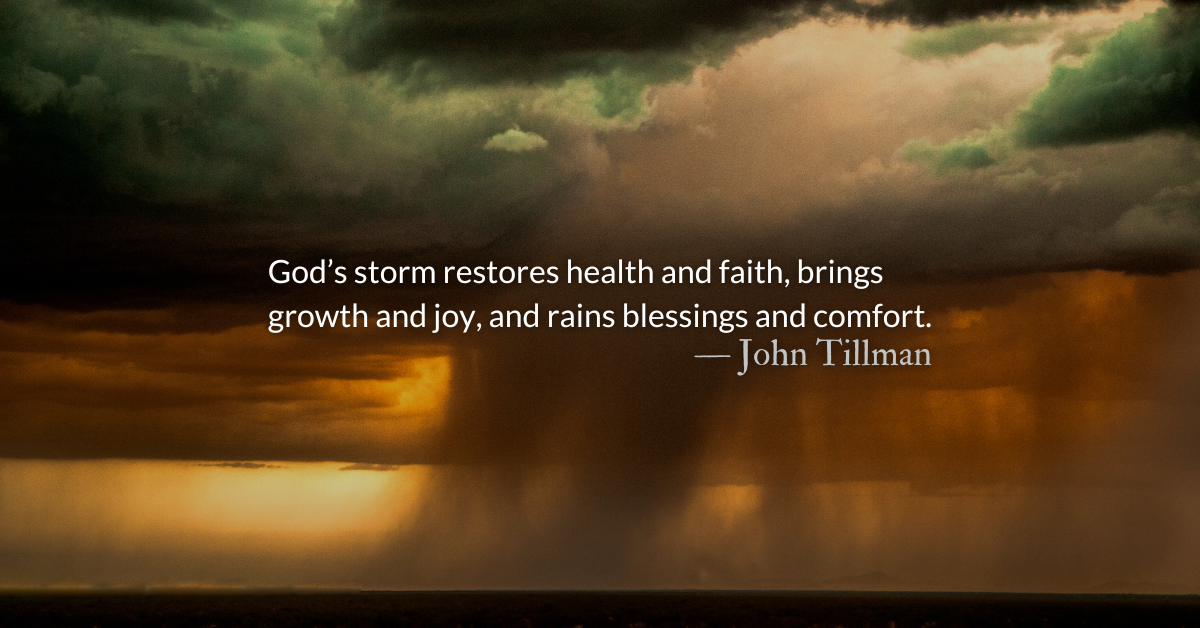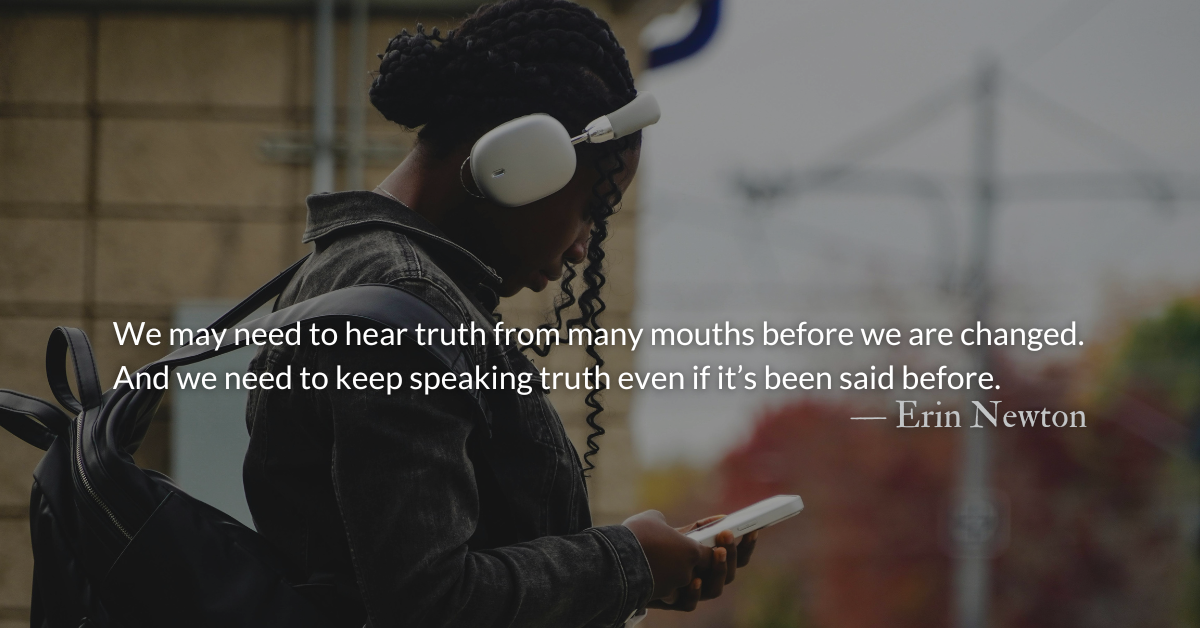Links for today’s readings:
Feb 9 Read: Job 42 Listen: (2:41) Read: Psalm 30 Listen: (1:32)
Scripture Focus: Proverbs 1.20-27
20 Out in the open wisdom calls aloud,
she raises her voice in the public square;
21 on top of the wall she cries out,
at the city gate she makes her speech:
22 “How long will you who are simple love your simple ways?
How long will mockers delight in mockery
and fools hate knowledge?
23 Repent at my rebuke!
Then I will pour out my thoughts to you,
I will make known to you my teachings.
24 But since you refuse to listen when I call
and no one pays attention when I stretch out my hand,
25 since you disregard all my advice
and do not accept my rebuke,
26 I in turn will laugh when disaster strikes you;
I will mock when calamity overtakes you—
27 when calamity overtakes you like a storm,
when disaster sweeps over you like a whirlwind,
when distress and trouble overwhelm you.
Reflection: What’s Funny About Foolishness?
By John Tillman
If you are like me, when asked for examples of foolishness, you first think of comedy. I think of the Muppets. I think of Sam the Eagle asking Gonzo, “Will you stop this foolishness?” and Gonzo replying, “What foolishness would you like to see?” I think of Monty Python and the “Ministry of Silly Walks.” I think of the recently passed Catherine O’Hara singing “God Loves a Terrier” with Eugene Levy or struggling to explain to Daniel Levy what “folding in the cheese” means.
Proverbs gives very different examples of foolishness. The second section of chapter one describes a young man tempted to join a criminal plot to ambush the harmless, steal valuables, live easy, and gamble with their loot. Joining these thugs would be stepping on the path to his own death. The teacher writes that they will spill their own blood. This is a way of saying they are as good as dead, even before being caught or killed.
Biblical foolishness is not comedic. It is tragic. Yet God and Lady Wisdom laugh when fools face their fate. Wisdom laughs when the disaster she warned of strikes and the calamity she advised avoiding collapses on its victims. God laughs at the foolishness of the kings of the earth gathering to oppose him and at the wicked stubbornly headed toward their fate. (Psalm 2.4; 37.13; 59.8)
What’s funny about foolishness is recognizing that Lady Wisdom’s laughter at the wicked is tinged with lament. Wisdom, personified as a prophetess, laughs at the foolish only after pleading with them to be wise. God holds out his hands to the wicked, saying “Why will you die?” (Isaiah 65:2; Ezekiel 33.11) Our laughter should not come from a hard heart, but a broken one. The level of our laughter should match the level of our warning, pleading, and prayers on behalf of the foolish.
We also must recognize the joke could be on us. Foolish characters are funny partly because we see ourselves in them. The exaggerated foolishness of bizarre or slapstick comedy is a funhouse mirror. The reflection is extreme and twisted into odd shapes, but it is still our reflection. Our laughter should lead us to cautious humility, not smug superiority.
The fall of the wicked can bring joy and laughter. Be sure your laughter is humble and tinged with lament.
Divine Hours Prayer: The Request for Presence
Satify us by your loving-kindness in the morning; so shall we rejoice and be glad all the days of our life. — Psalm 90.14
– From The Divine Hours: Prayers for Springtime by Phyllis Tickle.
Read more: Crushing Bruised Reeds
We do not need to abandon essentials to charitably embrace those in distress who struggle to define “essentials.” They need love, not contempt.
Consider Supporting Our Work
400 ad-free words, 5 times a week is over 100k words a year. How do we do it? Support from donors like you. Become a donor today.






